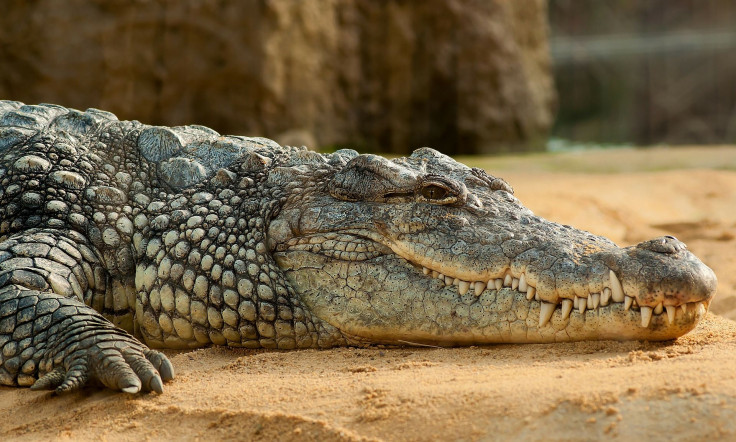This Is Florida: Nuclear Plant Canals Helping To House And Rebuild American Crocodile Population

A Florida nuclear plant is also serving as the epicenter in the resurgence of an animal once feared to be going extinct – the American crocodile.
Power & Light’s Turkey Point nuclear plant near Homestead, Florida, features dozens of man-made canals to run water through the plant to aid in cooling. It has also had the unintended effect of housing hundreds of crocodiles that have been driven from their original nesting spots.
A team of specialists under Florida Power & Light rescued over 70 crocodile hatchlings that began to emerge from the canals nearly a week ago. Dozens more could begin emerging in the coming weeks.
This is all done by an FPL team, overseen by wildlife biologists and crocodile specialist Michael Lloret, in an effort to help regrow the crocodile population which was feared to be heading towards extinction. To aid in this, the cooling canals are now doubling as sanctuaries that protect the crocs from climate change and hunters that had ravaged the population. The team also outfits the baby crocs with microchips, so the team of specialists can observe development.
“We entice crocodiles to come into the habitats FPL created,” Lloret said, according to the Associated Press. “We clear greenery on the berms so that the crocodiles can nest. Because of rising sea levels wasting nests along the coasts, Turkey Point is important for crocodiles to continue.”
It has been through the efforts of FPL, Lloret, and FPL teams that crocodiles were upgraded from “endangered” to “threatened” in 2007. The population has continued to grow, and the Turkey Point canals are now home to 25% of the 2,000 American crocodiles in the U.S.
© Copyright IBTimes 2025. All rights reserved.





















